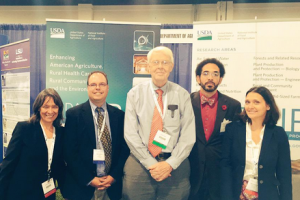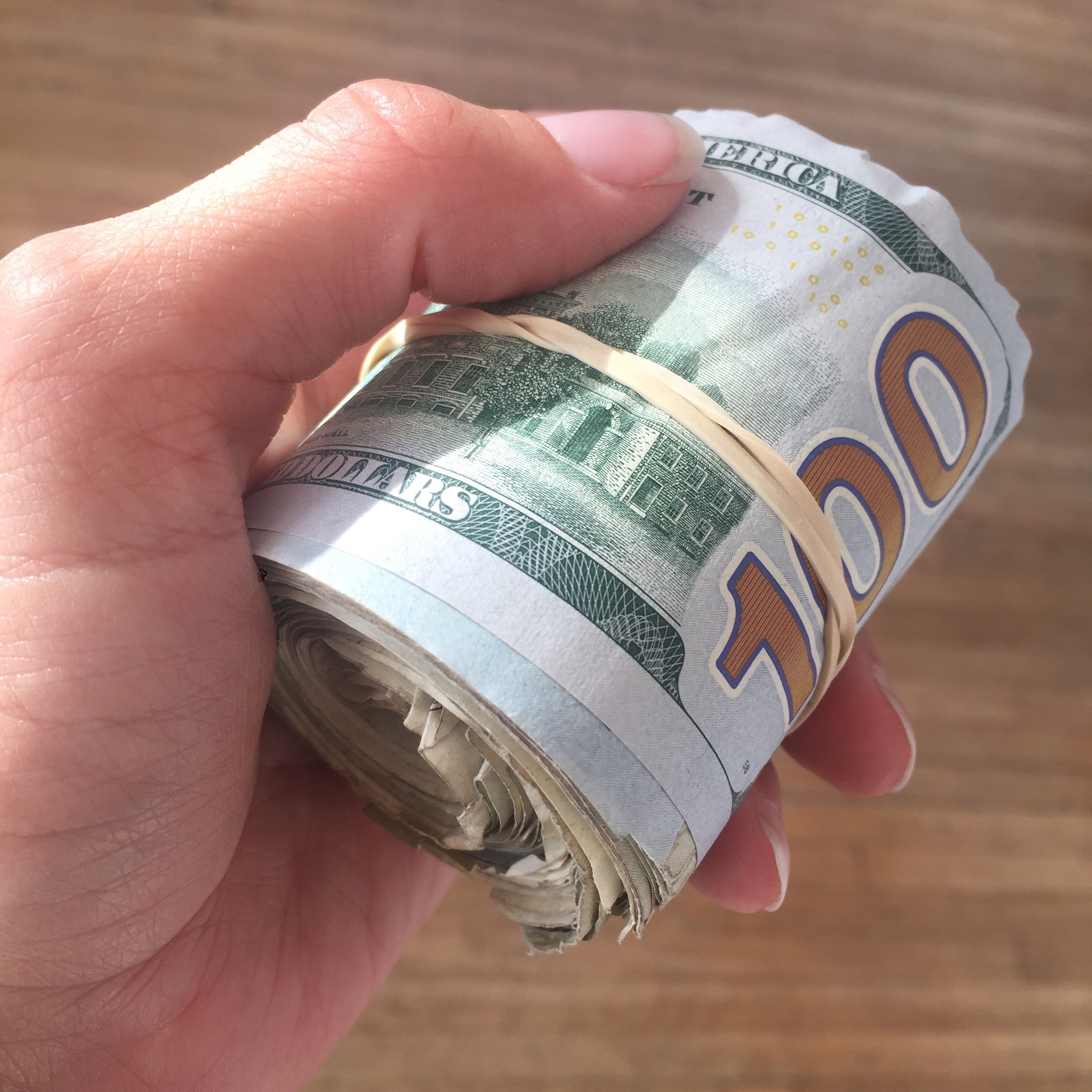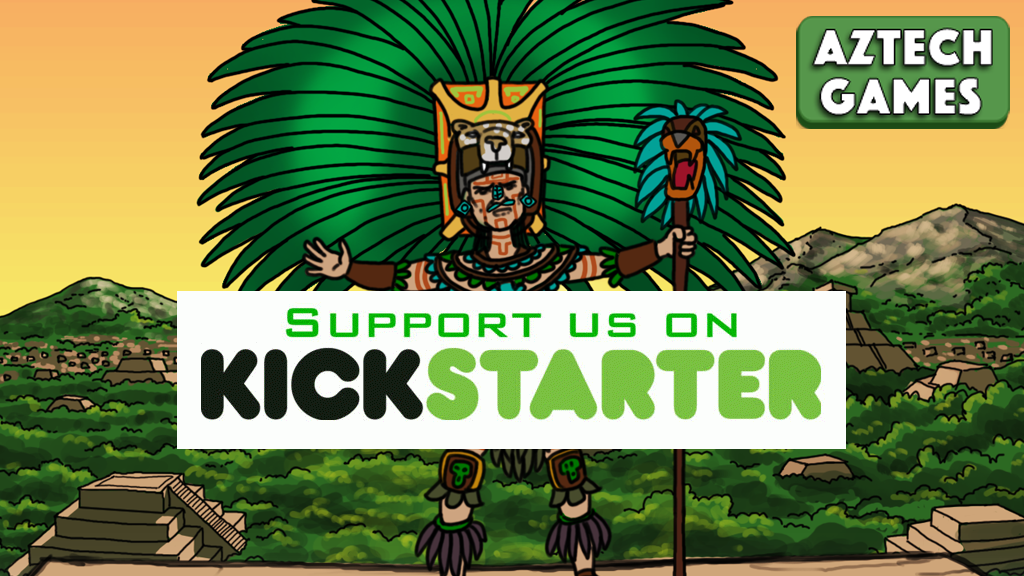If you’re running a startup you have probably read pages upon Internet pages about how to get funded. It’s about pitching to VCs, seeking angel investors, getting into accelerators or crowdfunding, but I’m still surprised by how many people don’t know what SBIR awards are. They literally are the reason we exist as a company. SBIR funds got us to the point where we could create a product that would attract investors and lead to multiple successful Kickstarter campaigns. (Speaking of Kickstarter, we’re running a campaign now – you should back us!)
OK, you’re thinking – so tell me more. SBIR stands for Small Business Innovation Research, and they are federal grant awards given to small businesses as a form of seed money basically. Any federal agency that receives funding above a certain threshold (I can’t remember with certainty what it is and for the purposes of this post, it doesn’t really matter) has to give a portion of those funds to SBIR awards.
As the name implies, SBIR awards have to go to small businesses. Of course, the government’s definition of “small” and yours may vary – SBIR defines a small business as having under 500 employees.

We’re funded under USDA’s SBIR program for rural and economic development because the folks at USDA know a great idea when they see one.
SBIR awards are given to fund a specific proposed project, that, again as the name implies has to have an “innovation” component (i.e. something that hasn’t been done before) and a “research” component (as in actual scientific research with data collection, analysis, validated measures, etc. – and the person leading this is expected to have a Ph.D.). When you think about it, the SBIR name/acronym really spells it out pretty clearly.
Each agency has different focuses that best fit the needs of the populations/sectors it serves. And to be honest, each agency has different focuses in what they’re looking for from the companies to whom they award grants. Some agencies seem to be far more focused on the research component. Some agencies seem to weigh them equally. Some agencies are interested in seeing your project have a commercial application that other companies can adopt (however, all I.P. is completely yours). Some agencies want to see you bring your project through to commercialization and move out of being a small business to being a bigger business.
SBIR awards are non-dilutive capital. This basically means money where you don’t have to give up any equity. It’s straight capital for company, but that doesn’t mean you can just do anything you want with it. For example, SBIR funding cannot be used for sales and marketing – it’s strictly an award for R&D. But if you’re building a company, money for R&D is probably one of your biggest needs. (Then you can go raise money for “sales and marketing” from other avenues – in fact, that’s why we’re running a Kickstarter right now.)
But before you go “these awards sound great, I’m going to go get me one,” here are some things you should know.

They actually make you set up an account to draw down funds versus just paying in wads of cash.
The awards are structured as a smaller Phase I award (usually $100,000-150,000) that needs to be executed over a span of six or eight months. Then if you successfully execute your Phase I award (that involves creating whatever you said you’d create, doing research and submitting your report), you can apply for a two-year Phase II (usually $600,000 to like $900,000). But keep in mind maybe 10% of applicants get a Phase I, then half or fewer of those Phase I recipients get a Phase II. So when it comes SBIR grants, you’ve got to be pretty good to get one (or five, excuse me, while I pat ourselves on the back).
As the numbers above indicate, just because SBIR awards are a different kind of funding, it doesn’t mean they’re easier to get. I’ve had so many people say “Oh, I’m going to apply for one of those,” only for them to download the application and have it end there. Or maybe they start on it, get a few pages in and realize it’s not for them.
SBIR grant applications are intense. Our 7 Generation Games grant guru spends months – yes, literally months – working on each application (and doing a lot of swearing about it in the process), and she’s been doing this for nearly 30 years. You have to have a project narrative, an itemized budget that accounts for every penny you’re asking for, a team in place, you need to sign like 75 pages worth of appendices, you need to be registered in multiple databases, you need letters of support. I’m getting tired just typing out the list of things you need.

Here is AnnMaria dressed up and looking doctorate-ly.
You need a principal investigator, who is the star of the show. (Cue AnnMaria right here.) That person needs to be a researcher with a Ph.D. If you’re asking, “Do they really need a Ph.D.?” The answer that I am giving you is an unequivocal “yes.” Now, maybe you can go and find the few examples in SBIR history of the PI not being a Ph.D., but you’re probably not that amazing as to be the very rare exception. Just being honest.
You also need to have a legit research component. So if you’re building a competitor to GrubHub or Uber/Lyft, this probably isn’t the avenue for you. And the SBIR folks have a pretty solid B.S. detector, so no, this isn’t the kind of thing you can just tack on as an afterthought. (As mentioned above, for a number of agencies, the research component is even more important than the innovation component. They might not tell you that, but I feel comfortable saying it based on what I’ve seen.)
Of course, the cool things is that if you have all of those things and put in the ungodly amount of work, you just might get the money you need to make really cool things – like this:
Come back tomorrow, I’ll let you in on several sure-fire ways not to get grants (although my tips are pretty applicable to not getting any investor funding or job for that matter either).
Wondering what to do until that next post goes live? Well, you could back our Kickstarter. At 7 Generation Games, we’re putting our SBIR awards to good use, building effective educational games. Kids who played our games saw math scores improve 30% in just eight weeks. Check out our games! Help us make even more cool games – back our newest project, “AzTech Games,” on Kickstarter.

